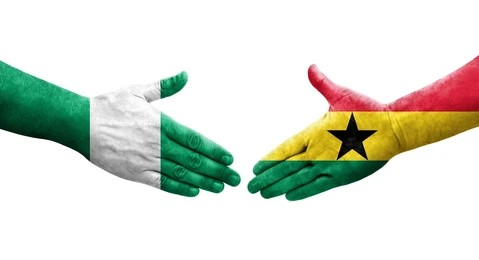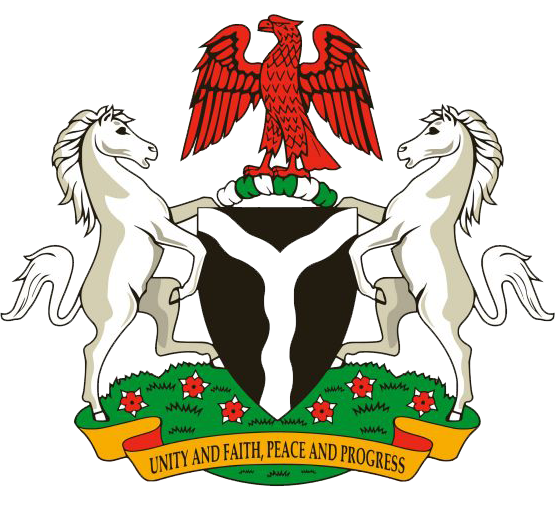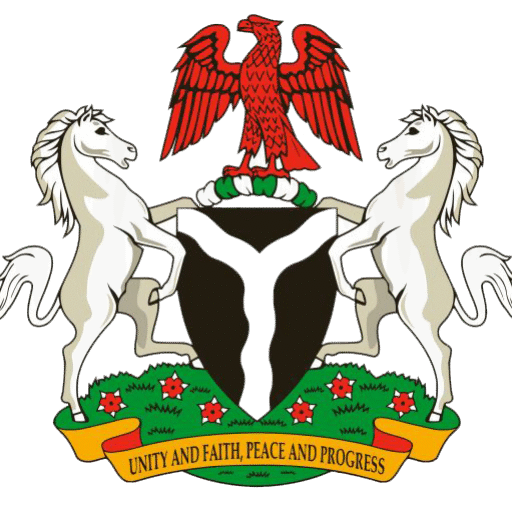
Nigeria’s trade dynamics have historically been defined by an interesting mix of export and import dependence
In ECOWAS, Ghana and Nigeria has enjoyed tremendous cordial and friendly relations as they are foremost business partners in the West Africa region.
History
Nigeria’s trade dynamics have historically been defined by an interesting mix of export and import dependence. On the export side, Nigeria has been reliant on the export of crude oil for between 80 – 90% of its export earnings, a significant portion of government revenue, and a critical source of foreign exchange. On the import side, Nigeria has been dependent on the import of refined petroleum products for its energy supply, as well as various food products and manufactured goods. The former “oil economy” used to enjoy a substantial trade surplus driven by its oil exports although this fluctuated with terms of trade linked to the global price of oil, and to varying domestic production and output.







